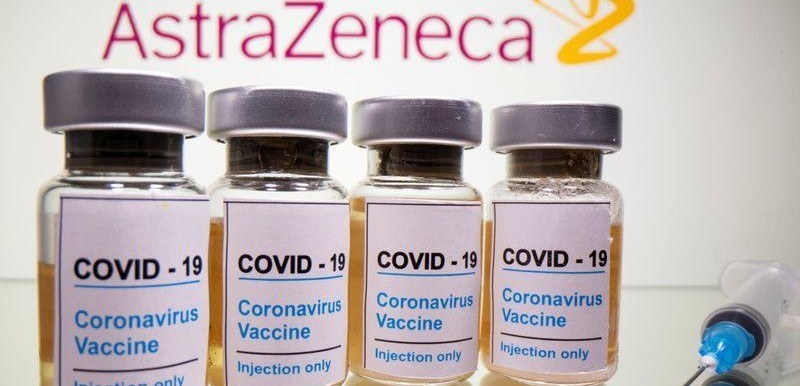South Sudan’s health ministry says it has used up all the AstraZeneca Covid-19 vaccines that were deployed across the country and are expecting to receive the next consignment of 60,000 doses from the COVAX Facility early next month.
The country received 132,000 doses of the vaccines in March this year and returned 72,000 doses to COVAX Facility in April. The ministry says it has administered over 56,587 doses, 95 percent of the total 60,000 vaccines, which were deployed and used across the country.
Speaking to journalists at a press briefing in Juba on Sunday, Dr. John Rumunu, the Director-General of preventive health services and the acting Covid-19 incident manager said vaccine doses have been used and that 95 vaccination centres are now closed across the country due to a lack of vaccines.
“Now all our centres have closed and all the available doses have been used. We are waiting for the second batch of vaccines. As I mentioned earlier, we have done all the paperwork and we expect to receive more vaccines in August since we don’t have a definite date,” he said.
He added, “We have been deploying the 60,000 doses of the AstraZeneca, and out of these we have deployed 95 percent which is very good, with wastage of about 4 percent (4063 doses). This is within the acceptable range.”
Dr. Rumunu warned the public to adhere to the Covid-19 health preventive protocols of practicing social distancing, avoiding social gatherings, regular hand washing, and wearing facemasks.
For his part, WHO representative Dr. Joseph Wamalla, says South Sudan is at the risk of importing more cases of the new variant from neighbouring countries if no strict measures are deployed at the borders.
“The risk of what is happening in the neighbouring countries catching up with South Sudan is high. We already have the Delta variant which is currently the most transmissible variant. It is responsible for many of the transmissible surges in the neighbouring countries,” he said.
WHO also urges the government of South Sudan to put strict measures at the borders to prevent escalation in the number of imported cases.
“This, therefore, requires us as a country to strengthen our measures at the points of entry to ensure that we enforce the SOPs at the points of entry. The current SOPs require that as people cross the border, they need to have a valid covid-19 negative certificate, and if they don’t have one, then they should be subjected to checks,” he said.
Dr. Wamalla added that the country should also improve its surveillance at the border points and also improve the testing capacity in the country to be able to know whether there is a surge or not.




